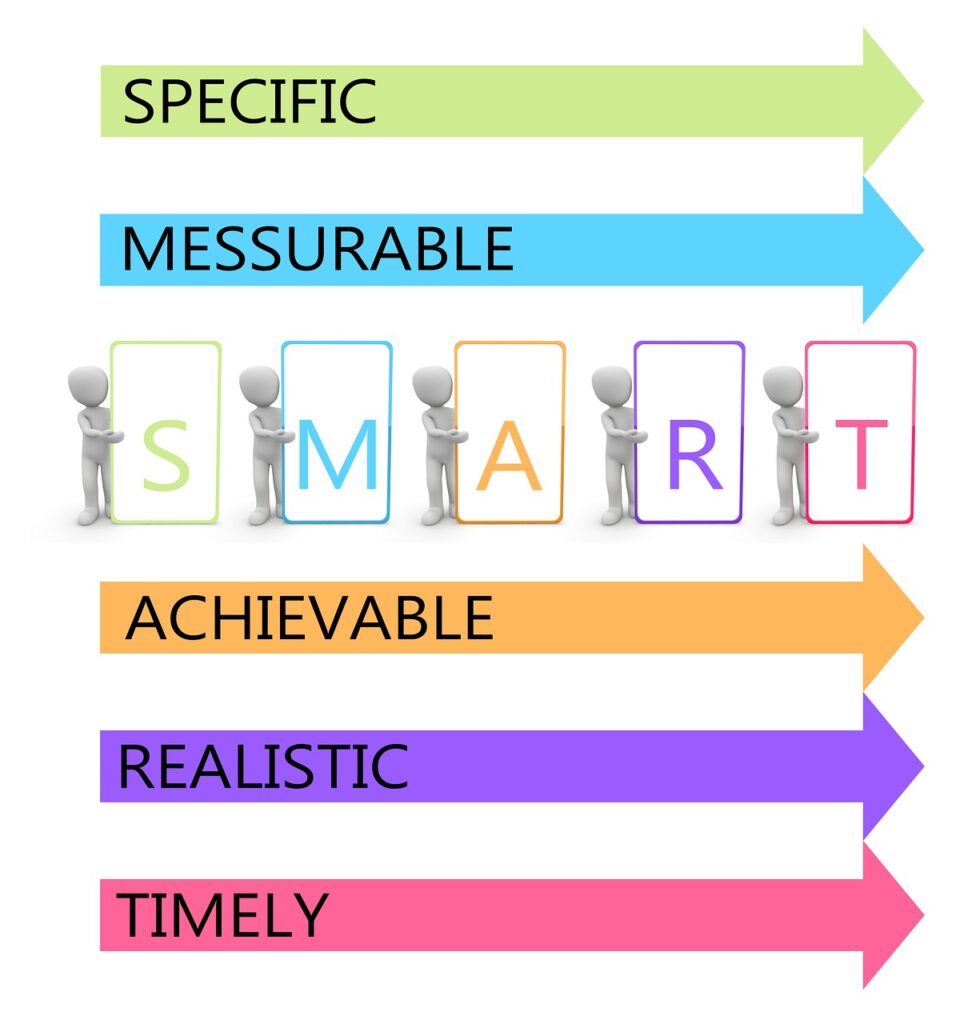Goal-Setting for Writers: Achieving Success
As a writer, it’s important to have a clear sense of direction and purpose in your work. Goal-setting establishes a specific, measurable, achievable, relevant, and time-bound target for you as a writer. It can help you stay focused, motivated, and accountable, and can provide a sense of direction and purpose. You’ll be able to track your progress and your success. Goals also help you identify areas for improvement.

Why Set Long-Term Goals
By setting goals that are three, seven, and ten years out, we can create a roadmap for our writing careers. This can help us break down our larger aspirations into manageable, actionable steps. For example, a three-year goal might be to publish our first novel, while a seven-year goal might be to establish ourselves as successful authors with a loyal fanbase. And a ten-year goal might be to have our books translated into multiple languages and adapted into films or TV shows.

How to Set Long-Term Goals
But how can we set effective three, seven, and ten-year goals? The key is to make sure they are specific, measurable, achievable, relevant, and time-bound (SMART). Here are some examples of SMART goals that writers might set:
- In the next three years, I will publish my first novel.
- In the next seven years, I will have published at least three books and built a loyal fanbase.
- In the next ten years, I will have my books translated into multiple languages and adapted for film or TV.
Freebie SMART Goal Setting for Writers
Planning for Your Goals
In addition to setting specific goals for yourself, it can also be helpful to create a plan for achieving those goals. For example, you might create a writing schedule that includes dedicated time for writing and revising your work. You might also set aside time for research, networking, and other activities that can help you improve as a writer.

Frequently Asked Questions from Authors about Goal-Setting

Final Thoughts on Goal Setting for Authors
By setting goals and creating a plan for achieving them, you can take control of your writing career and work towards achieving your long-term aspirations. Whether you’re just starting out as a writer or you’re a seasoned veteran, setting goals can help you stay focused, motivated, and on track.






